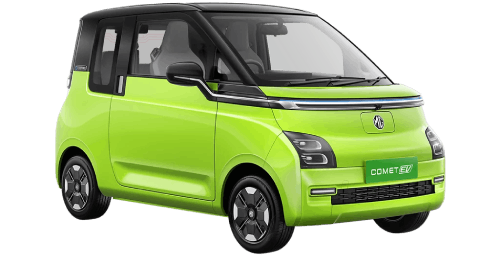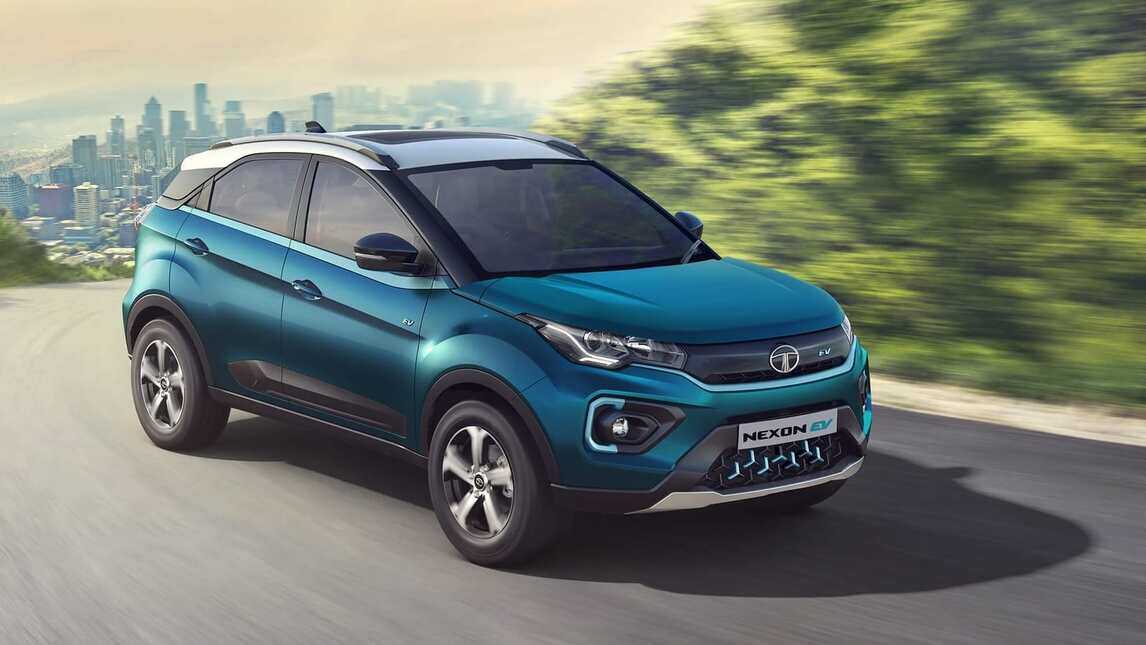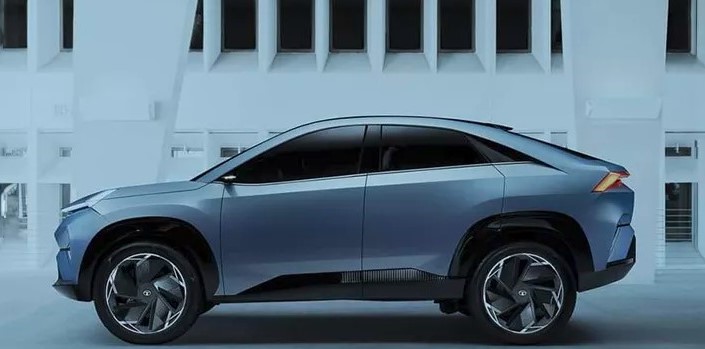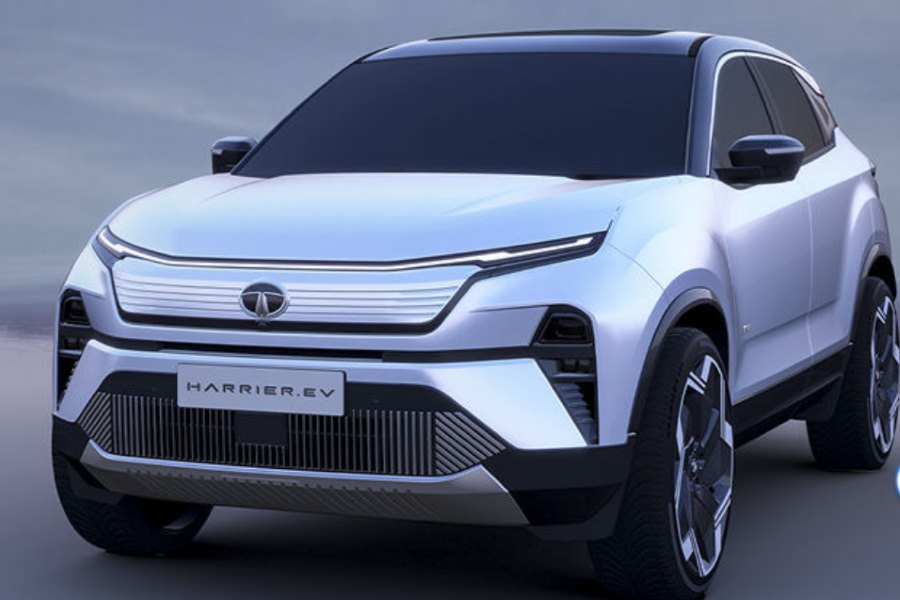9000+ Cashless Garages
96% Claims Settled (FY 24-25)

9000+ Cashless Garages
96% Claims Settled (FY 24-25)


India’s electric vehicle (EV) market is shifting gears at an unprecedented pace, driven by government incentives, rising fuel prices, and the steady fall in battery costs. This has made EVs an attractive option for a growing number of urban buyers. But one major concern still holds many back, battery longevity. Since the battery is the most expensive component of an EV, worries around degradation, declining range, replacement costs, and resale value remain high.
Traditionally, EV manufacturers have offered warranties of about 8 years or 1,60,000 km. While useful, these often don’t reassure buyers planning to keep their cars for longer.
This is where lifetime warranties on EV batteries come in. But what do they actually mean?
In most cases, “lifetime” refers to up to 15 years of coverage with unlimited kilometers for the first private owner, providing far greater security than standard warranties.
Also, When buying a EV car in India, securing Electric Car Insurance is crucial as it is mandated by the Motor Vehicles Act of 1988. It provides financial protection against accidents, theft, and damage, safeguarding your investment.
Having car insurance saves you from hefty traffic fines, license suspension, and even legal trouble.


Following is the list of the most affordable EV cars with lifetime warranties on batteries

The Comet EV is compact and affordable, but its lifetime battery warranty for the first owner is what truly makes it stand out. Designed for city commuters, this coverage ensures users never worry about the small pack’s longevity.
Key Specifications
Battery Type: 17.3 kWh LFP pack
Battery Warranty: Lifetime warranty (first owner); 8 years / 1,60,000 km (second owner)
Coverage Specifics: Protects against early degradation beyond accepted thresholds
Range & Charging: ~230 km certified range; AC fast charging suitable for urban use
Cost Protection: Replaces risk of ₹3–4 lakh battery expense with zero cost to owner
Resale Advantage: Warranty transfer helps retain value in small EV market
Ownership Savings: Compact city EV with guaranteed long-term battery security

The Nexon.ev 45 kWh’s biggest edge is Tata’s lifetime high-voltage battery warranty. For first-time private owners, this means 15 years of unlimited km coverage, ensuring peace of mind over battery degradation and replacement costs—the most expensive concern in EV ownership.
Key Specifications
Battery Type: 45 kWh LFP pack (durable and safe chemistry)
Battery Warranty: 15 years / unlimited km (first owner); 8 years / 1,60,000 km (second owner)
Coverage Specifics: Warranty applies if capacity drops below ~70%
Range & Charging: ~489 km ARAI-certified; DC fast charging supported
Cost Protection: Prevents out-of-pocket expenses that could cross ₹6–7 lakh for replacements
Resale Advantage: Transferable warranty boosts buyer confidence in resale market
Ownership Savings: Assured reliability + low running costs make it highly economical
The Windsor EV is MG’s mid-size family EV, enhanced by a lifetime battery warranty for first owners. This coverage is key for families who expect their EV to last 10–15 years with minimal maintenance.
Key Specifications
Battery Type: 38 kWh pack
Battery Warranty: Lifetime warranty (first owner); 8 years / 1,60,000 km (second owner)
Coverage Specifics: Covers major defects and capacity loss beyond set threshold
Range & Charging: ~331 km real-world range; supports fast charging
Cost Protection: Avoids replacement costs that could exceed ₹5 lakh

The Curvv.ev brings coupé-SUV styling but its true strength lies in the lifetime HV battery warranty. Like the Nexon.ev, Tata covers the first private owner for 15 years/unlimited km, a commitment that directly addresses battery anxiety for mid-size EV buyers.
Key Specifications
Battery Type: 45 kWh or 55 kWh LFP pack options
Battery Warranty: 15 years / unlimited km (first owner); 8 years / 1,60,000 km (second owner)
Coverage Specifics: Protects against unexpected degradation or failure
Range & Charging: 502 km (45 kWh) and 585 km (55 kWh); fast charging capability
Cost Protection: Reduces lifetime running risk; big savings on replacement battery
Resale Advantage: Warranty backing makes it more attractive in pre-owned market
Ownership Savings: Peace of mind + mid-range pricing balance

In the premium SUV space, the Harrier.ev’s lifetime warranty is unmatched. Its large battery packs are expensive to replace, making the 15-year/unlimited km warranty especially valuable. For second owners, coverage still extends up to 10 years/2,00,000 km.
Key Specifications
Battery Type: 65 kWh or 75 kWh LFP packs
Battery Warranty: 15 years / unlimited km (first owner); 10 years / 2,00,000 km (second owner)
Coverage Specifics: Extended warranty limits risk in premium SUV ownership
Range & Charging: Up to 627 km range; 120 kW DC fast charging support
Cost Protection: Large packs = higher replacement costs; warranty shields from ₹8–10 lakh expenses
Resale Advantage: Extended warranty terms improve resale confidence
Ownership Savings: Long-term premium SUV running costs become predictable
India’s EV landscape is evolving fast, and with it, buyer confidence is being reshaped by lifetime battery warranty programs. Models like the Tata Nexon.ev, Curvv.ev, Harrier.ev, Mahindra’s upcoming BE.6 and XEV 9e, along with MG’s Windsor and Comet, prove that affordability and long-term reliability can go hand in hand. For first-time private owners, the promise of up to 15 years of battery coverage with unlimited kilometers takes away the single biggest worry—battery replacement costs. With these options, owning an EV in India has never been more practical, future-ready, and financially secure.
Besides, you should consider other essential factors like insurance, PUC, tax, etc., while buying an EV. Third-party car insurance is a mandatory requirement that safeguards your vehicle from legal obligations and covers third-party damage expenses.
It will help safeguard you financially in case of damage by your EV to third-party vehicles, individuals, or property in the event of an unforeseen mishap.